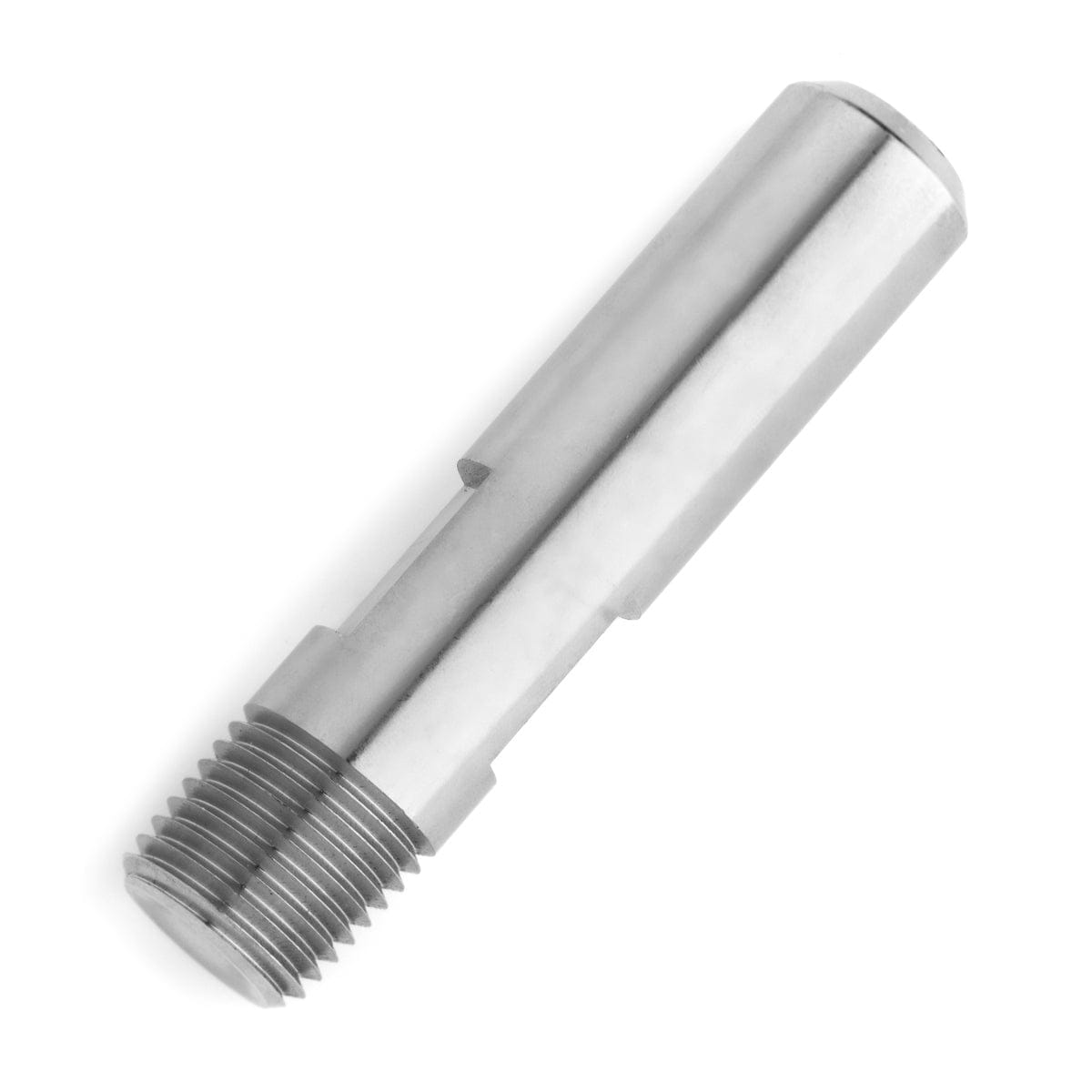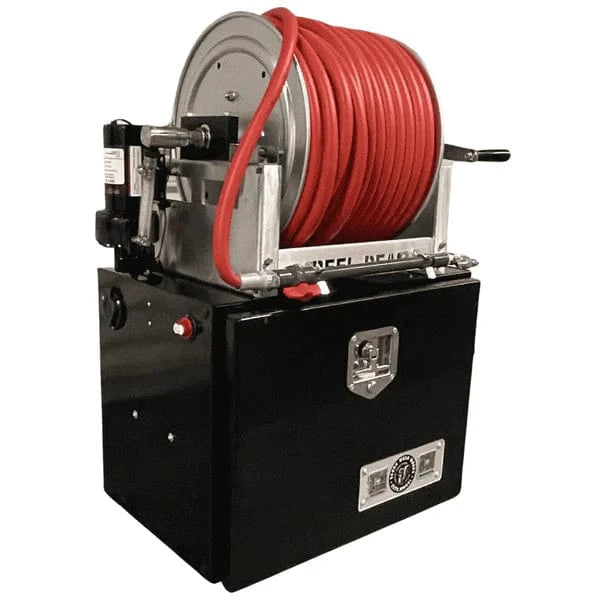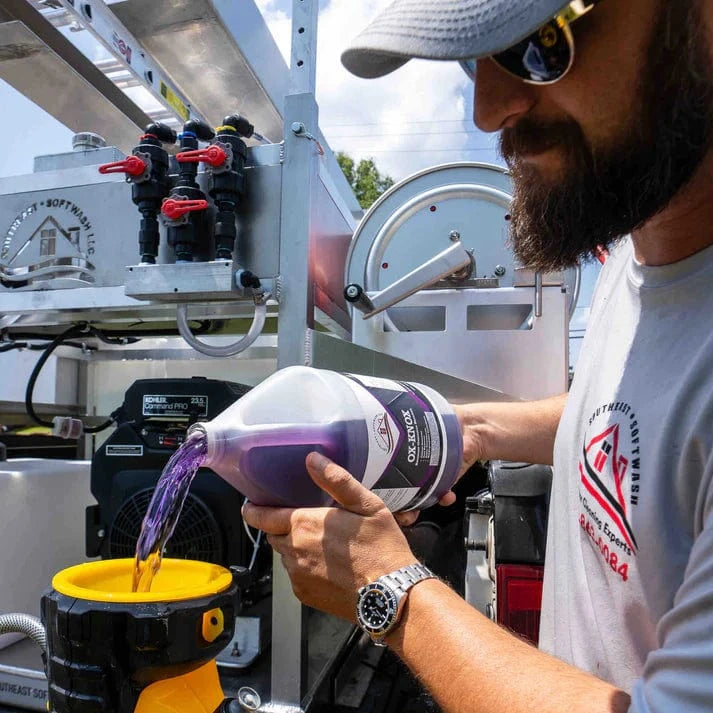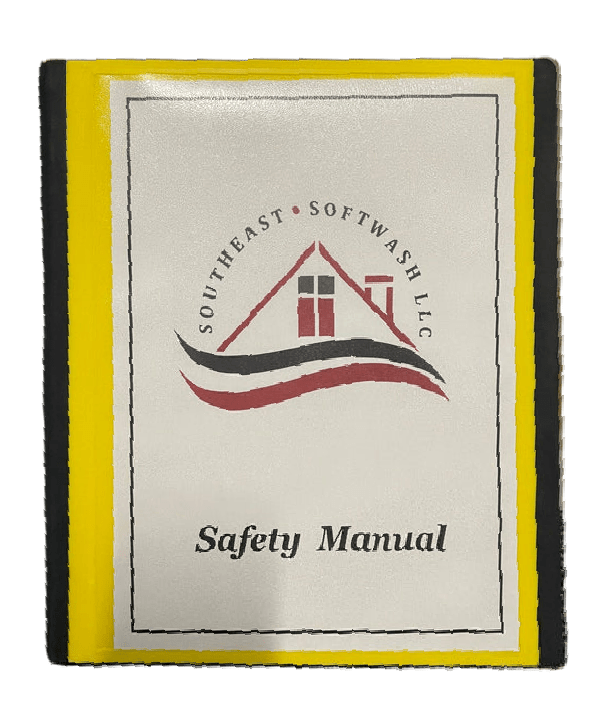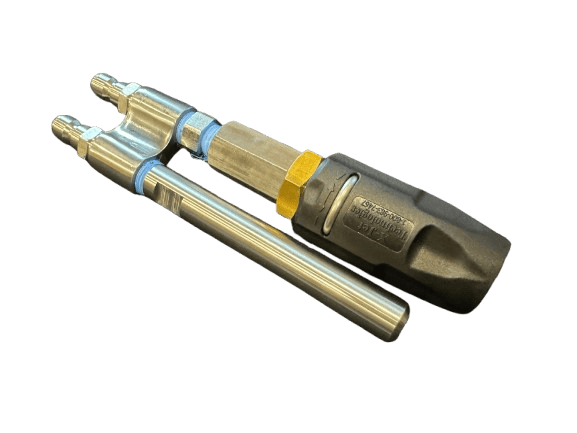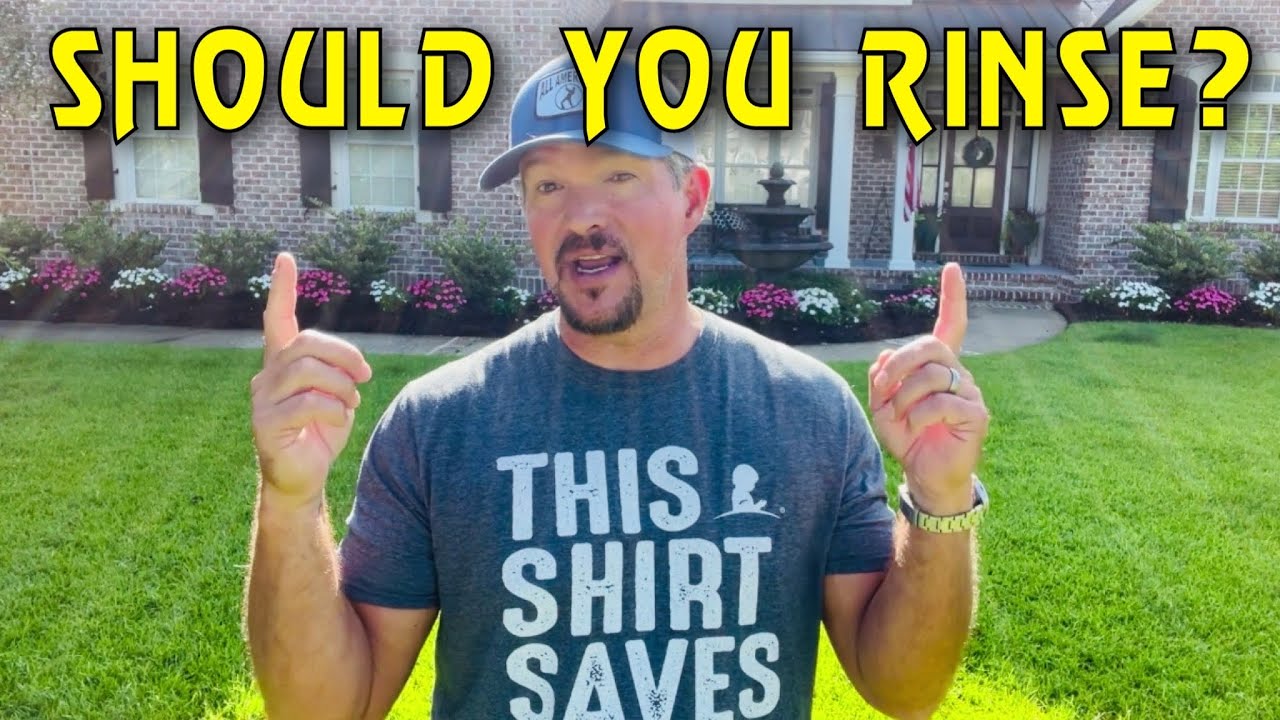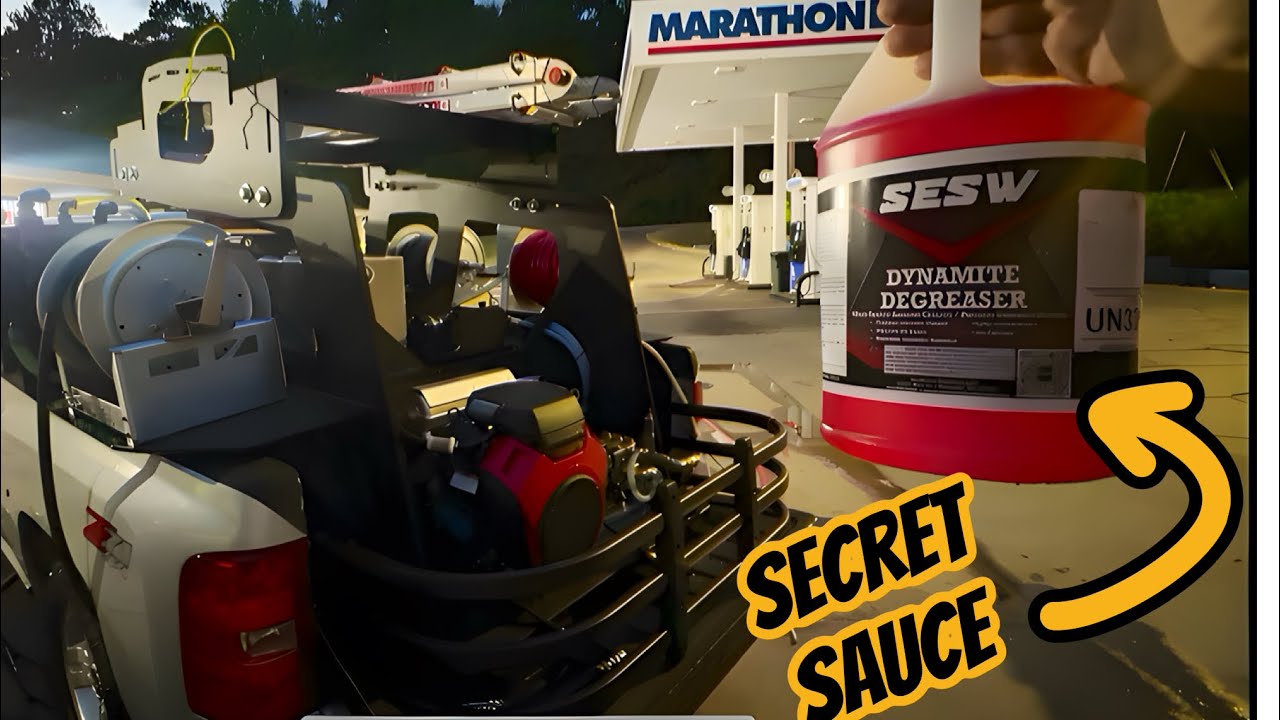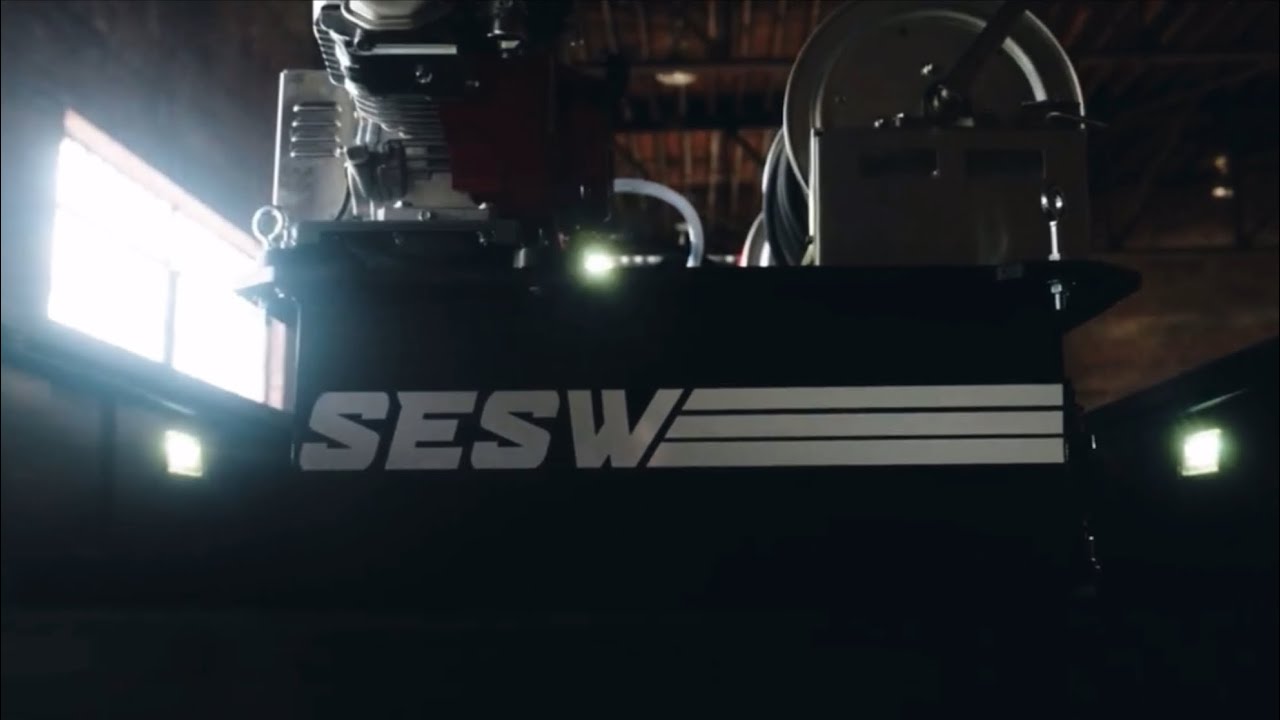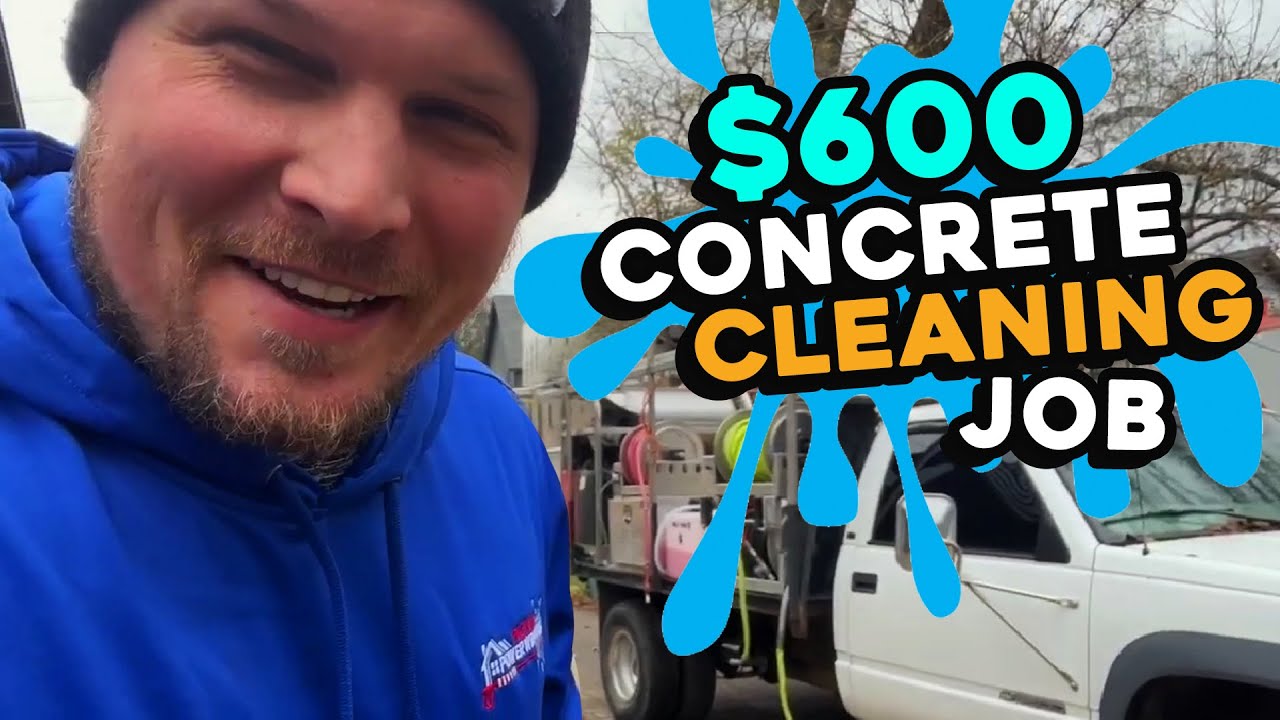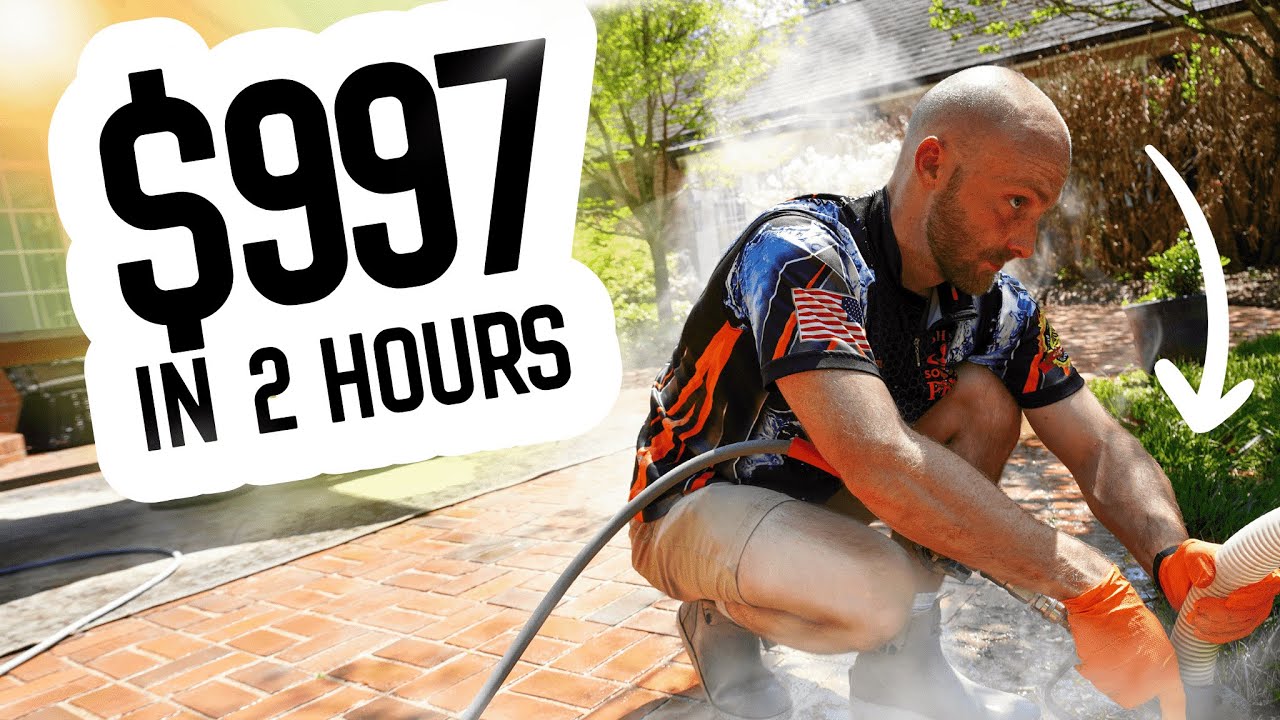In today's video, we're diving into a hotly debated topic in the pressure washing industry: What is the proper protocol after soft washing a roof? Should you rinse it or let Mother Nature take care of it? What's the best practice and why?
Factors to Consider:
-
Location and Climate: Your geographical location plays a huge role. Do you get a lot of rain? Are you willing to let nature finish the job for you?
-
Understanding Chemistry: It's not rocket science, but a basic grasp of chemistry is essential. Know what products you're using, how they react in different conditions, and their limitations. This knowledge is critical when deciding how to finish a roof job.
-
Roof Condition and Customer Expectations: Assess the roof's condition before and after cleaning. How much follow-up do you want to bring on yourself based on whether you rinse or not? Meeting and exceeding customer expectations is key to building a successful business and ensuring repeat customers.
Chemistry Behind Roof Cleaning: The main ingredient in roof wash mixes is sodium hypochlorite (bleach). It's a base, not an acid, meaning it loses strength over time. When applied to organic matter on shingles, it reacts immediately. This leaves behind salt, which can harm plants and grass. Hence, watering throughout the process and rinsing the roof is crucial.
Our Recommendation: Regardless of the roof type or climate, we recommend rinsing the roof after cleaning. If not the entire roof, at least rinse the bottom third to mitigate any potential problems from runoff.
Why Rinse? Rinsing helps improve the job's overall appearance and ensures no harmful residue is left behind. This is especially important if your area has limited rainfall.
Customer Communication: It's essential to manage customer expectations. Explain the potential outcomes if you don't rinse, reassure them of any follow-up services, and emphasize the importance of rinsing to avoid misunderstandings and dissatisfaction.
Pro Tip: Adding a little extra time to rinse can go a long way in maintaining a positive customer relationship and preventing potential property damage.
For a more comprehensive guide on soft washing, including equipment, processes, and chemicals, check out the How to Wash Course. This top-selling course covers everything you need to know about pressure washing and soft washing. Plus, it includes a bonus Wood Cleaning Mastery course and an ECP certification upon completion.
Join the SESW Softwash 101 Class: For those looking to deepen their knowledge, the SESW Softwash 101 class is highly recommended. This class provides in-depth training on the chemistry, equipment, and techniques needed to excel in the industry.
Conclusion: Whether you decide to rinse or not, understanding the implications of your choice and effectively communicating with your customers is crucial. Rinsing is generally a safe bet to ensure a high-quality finish and customer satisfaction.


